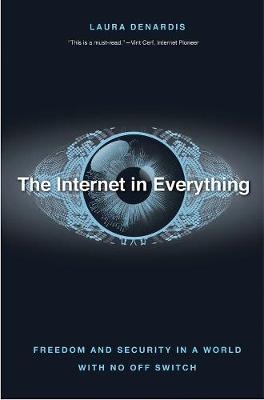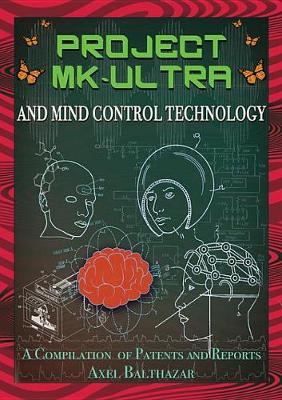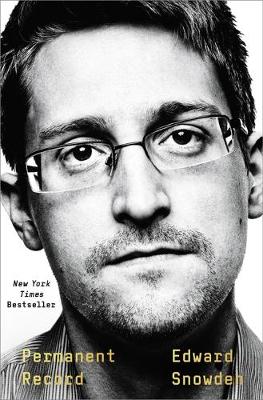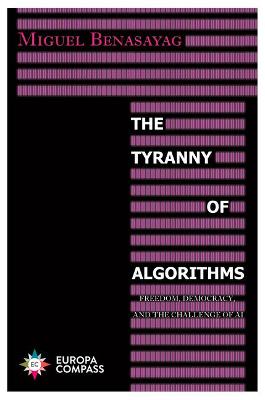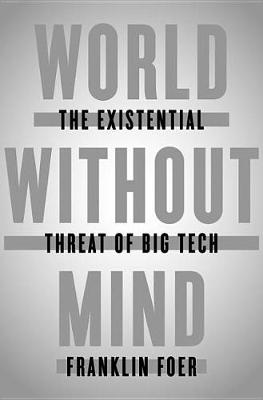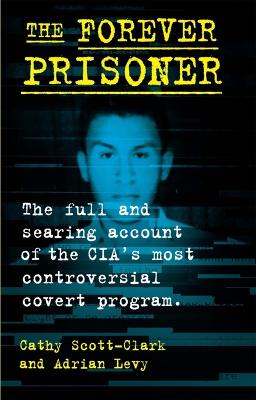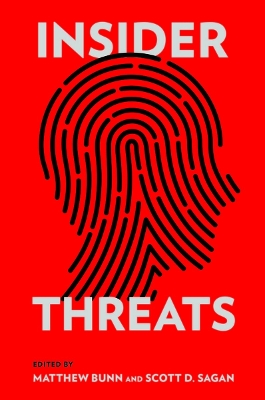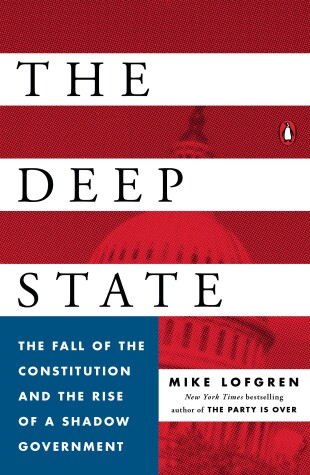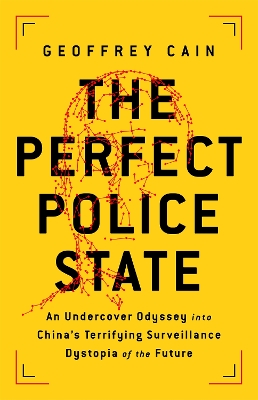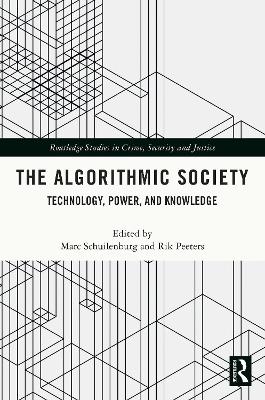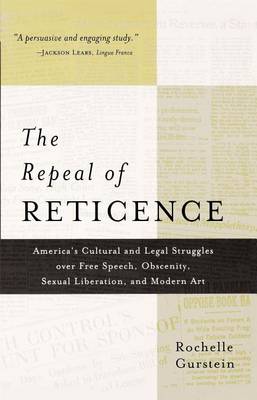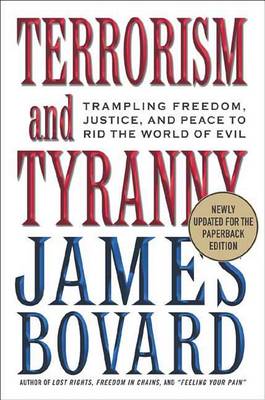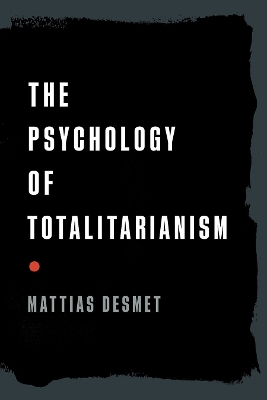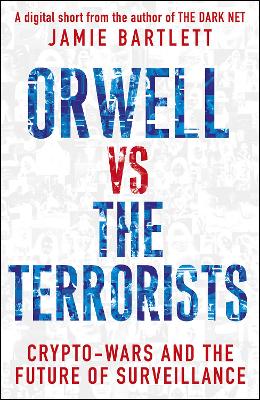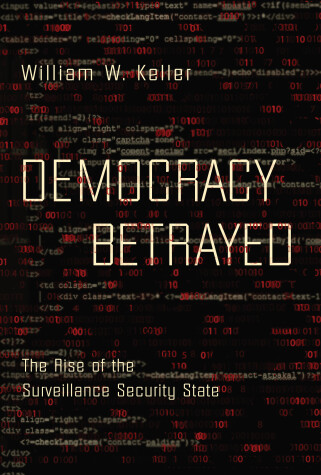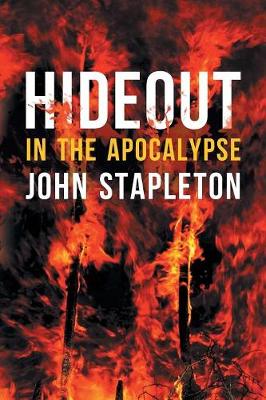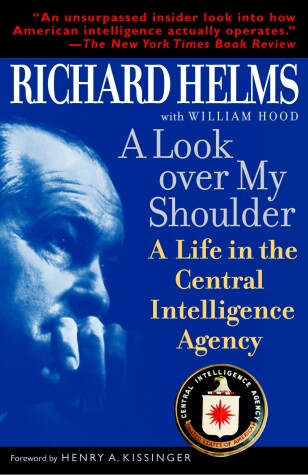In June of 2013, Edward Snowden, a 29-year-old former CIA employee, thrust himself into the spotlight when he leaked thousands of top secret National Security Agency (NSA) documents to the journalist, Glen Greenwald. Immediately branded as a whistleblower, Snowden reignited an international debate about private citizens who reveal government secrets that should be exposed but may endanger the lives of citizens. Like the late Karen Silkwood, whose death in a car accident while bringing incrimin...
A compelling argument that the Internet of things threatens human rights and security "Sobering and important."—Financial Times, "Best Books of 2020: Technology" The Internet has leapt from human-facing display screens into the material objects all around us. In this so-called Internet of things—connecting everything from cars to cardiac monitors to home appliances—there is no longer a meaningful distinction between physical and virtual worlds. Everything is connected. The social and economic...
From the world's most sophisticated intelligence gathering organization, here is the CIA's official country-by-country data on nations around the world. From Afghanistan to Zimbabwe, The CIA World Factbook 2020-2021 offers complete and up-to-date information on the world's nations. This comprehensive guide is packed with data on the politics, populations, military expenditures, and economics of 2020 and looks ahead to 2021.
THE SUNDAY TIMES TOP TEN BESTSELLER Edward Snowden, the man who risked everything to expose the US government's system of mass surveillance, reveals for the first time the story of his life, including how he helped to build that system and what motivated him to try to bring it down. In 2013, twenty-nine-year-old Edward Snowden shocked the world when he broke with the American intelligence establishment and revealed that the United States government was secretly pursuing the means to collect ev...
Over the past few decades there has been a revolution in terms of who controls knowledge and information. This rapid change has imperilled the way we think. Without pausing to consider the cost, the world has rushed to embrace the products and services of four titanic corporations. We shop with Amazon; socialise on Facebook; turn to Apple for entertainment; and rely on Google for information. These firms sell their efficiency and purport to make the world a better place, but what they have done...
Insider Threats (Cornell Studies in Security Affairs)
High-security organizations around the world face devastating threats from insiders—trusted employees with access to sensitive information, facilities, and materials. From Edward Snowden to the Fort Hood shooter to the theft of nuclear materials, the threat from insiders is on the front page and at the top of the policy agenda. Insider Threats offers detailed case studies of insider disasters across a range of different types of institutions, from biological research laboratories, to nuclear pow...
An award-winning historian and journalist tells the very human story of apartheid’s afterlife, tracing the fates of South African insurgents, collaborators, and the security police through the tale of the clandestine photo album used to target apartheid’s enemies.From the 1960s until the early 1990s, the South African security police and counterinsurgency units collected over 7,000 photographs of apartheid’s enemies. The political rogue’s gallery was known as the “terrorist album,” copies of whi...
The New York Times bestselling author of The Party Is Over delivers a no-holds-barred exposé of who really wields power in Washington Every four years, tempers are tested and marriages fray as Americans head to the polls to cast their votes. But does anyone really care what we think? Has our vaunted political system become one big, expensive, painfully scripted reality TV show? In this powerful expose of the sins and excesses of Beltwayland, a longtime Republican party insider argues that we...
An in-depth, on-the ground view of how Chinese officials have co-opted technology, infrastructure and the minds of their people to establish the definitive police state.When blocked from facts and truth, and constantly under surveillance, most citizens cannot discern between enemy and friend and don't have the information they need to challenge the government. Society quickly breaks down. Friends betray each other, bosses snitch on employees, teachers rat on their students, and children turn on...
Metamorphosis (Arcturus Silhouette Classics) (Enriched Classics)
by Franz Kafka
It is the story of a young man who, transformed overnight into a giant beetle-like insect, becomes an object of disgrace to his family, an outsider in his own home, a quintessentially alienated man. A harrowing -- though absurdly comic -- meditation on human feelings of inadequacy, guilt, and isolation, The Metamorphosis has taken its place as one of the most widely read and influential works of twentieth-century fiction.
The Algorithmic Society (Routledge Studies in Crime, Security and Justice)
We live in an algorithmic society. Algorithms have become the main mediator through which power is enacted in our society. This book brings together three academic fields – Public Administration, Criminal Justice and Urban Governance – into a single conceptual framework, and offers a broad cultural-political analysis, addressing critical and ethical issues of algorithms. Governments are increasingly turning towards algorithms to predict criminality, deliver public services, allocate resources,...
'The war on terrorism is the first political growth industry of the new Millennium' - so begins Bovard's provocative and unrelenting examination of the Bush administration and its motives for prosecuting a war on Iraq that was wildly unpopular in the United States as well as throughout much of the world. Bovard is one of Washington's most controversial journalists, known for the searchlight he has shone on the trampling of civil liberties and privacy by successive US administrations. In this, hi...
‘The most important book of 2022.’ Dr. Robert Malone Desmet’s work on mass formation theory was brought to the world’s attention on The Joe Rogan Experience and in major alternative news outlets around the globe. Read this book to get beyond the sound bites! In The Psychology of Totalitarianism, world-renowned Professor of Clinical Psychology Mattias Desmet deconstructs the societal conditions that allow collective hypnosis to take hold. By analysing the global pandemic, he identifies the phen...
On 5 June 2013, the Guardian began publishing a series of documents leaked by NSA contractor Edward Snowden, revealing the extent of internet surveillance undertaken by government and intelligence agencies. It provoked an immediate outcry. ‘I didn’t want to change society,’ Snowden would later say, in exile. ‘I wanted to give society a chance to determine if it should change itself.’ And to some extent, he has. Snowden’s leaks have provoked important debates about the precarious balance between...
A vital and important look at the rise of a security state that is transforming the nature of our democracy In the aftermath of 9/11, in lockstep with booming technological advancements, a new and more authoritarian form of governance is upplanting liberal democracy. The creation of the Security Industrial Complex — an “internal security state–within–the–state” fueled by tech companies, private security firms, and the Intelligence Community to the tune of $120 billion a year — is intruding o...
A Look over My Shoulder begins with President Nixon’s attempt to embroil the Central Intelligence Agency, of which Richard Helms was then the director, in the Watergate cover-up. Helms then recalls his education in Switzerland and Germany and at Williams College; his early career as a foreign correspondent in Berlin, during which he once lunched with Hitler; and his return to newspaper work in the United States. Helms served on the German desk at OSS headquarters in London; subsequently, he was...

